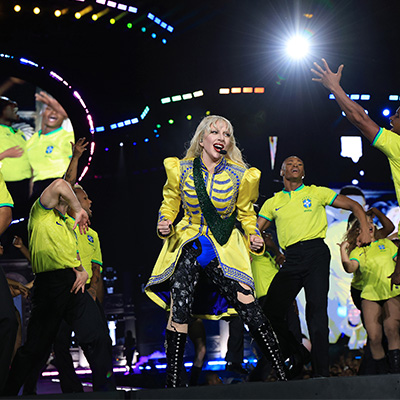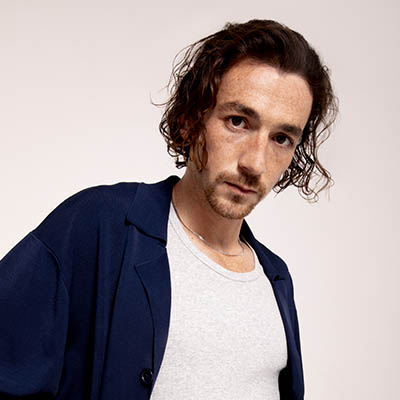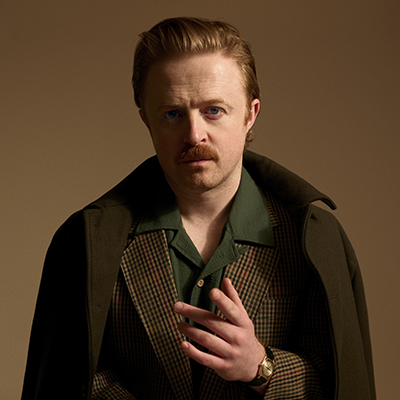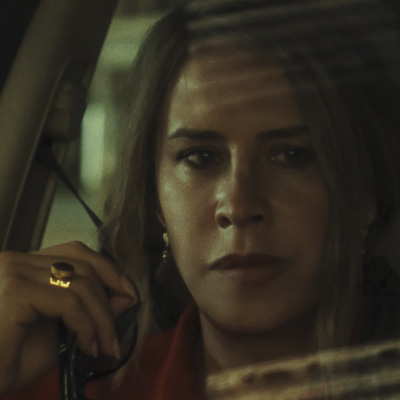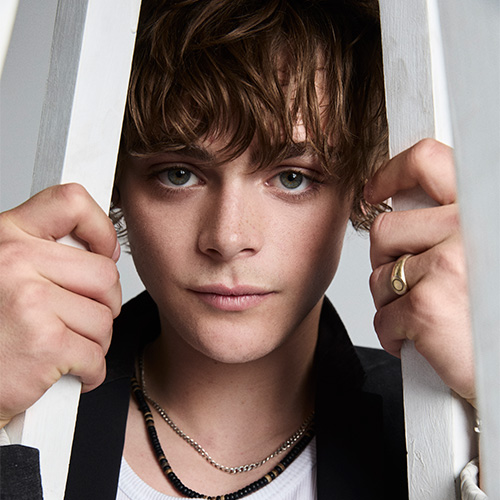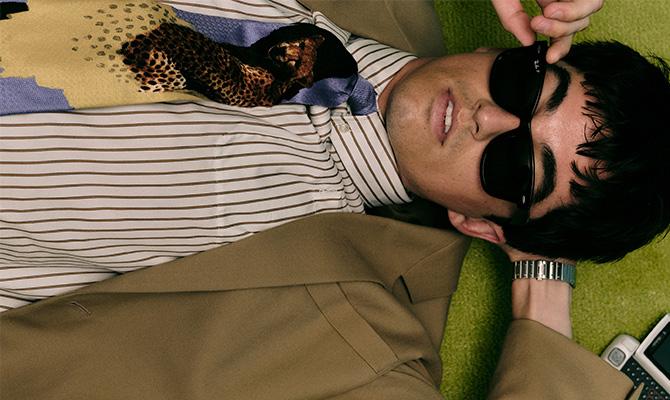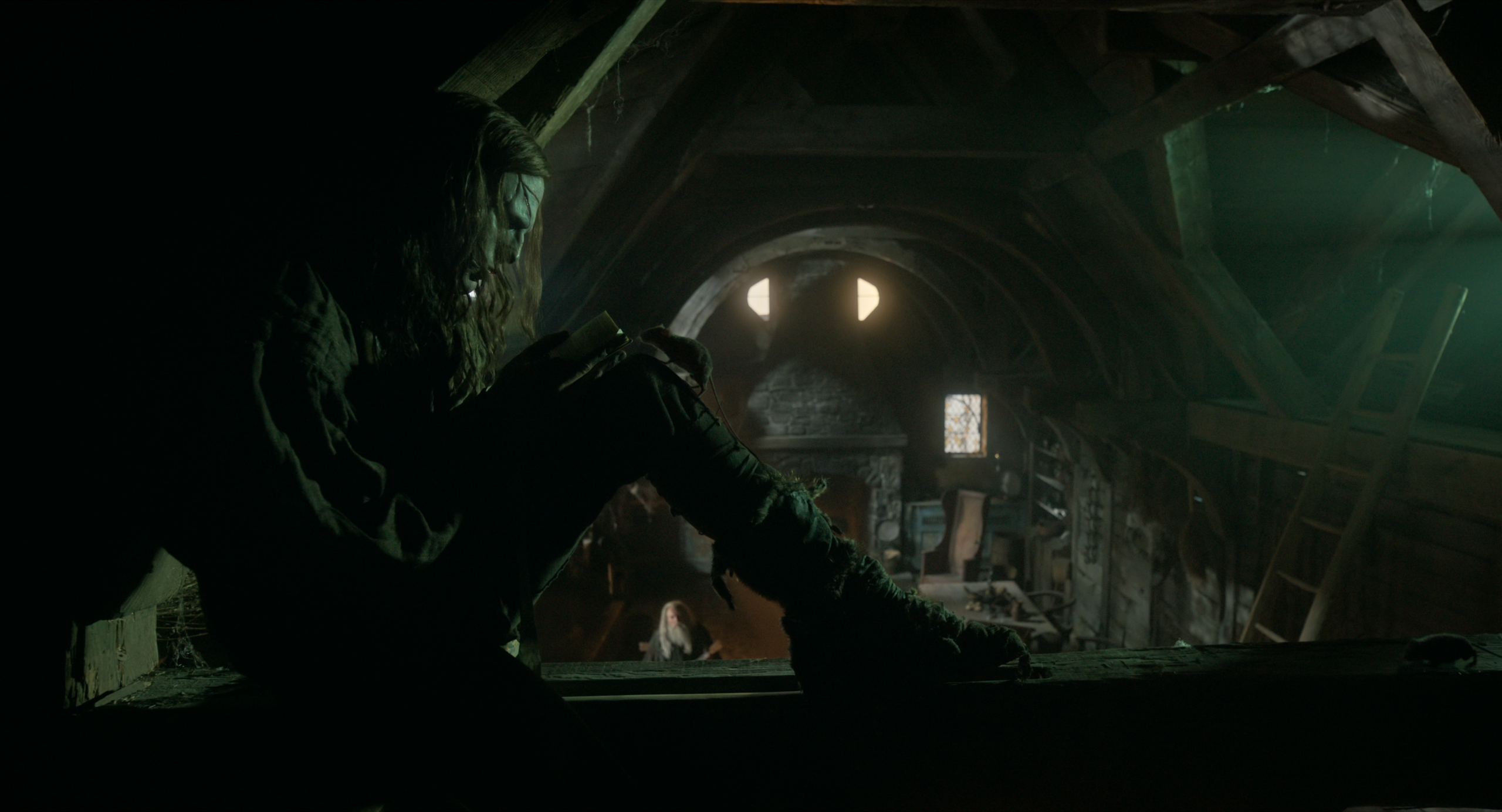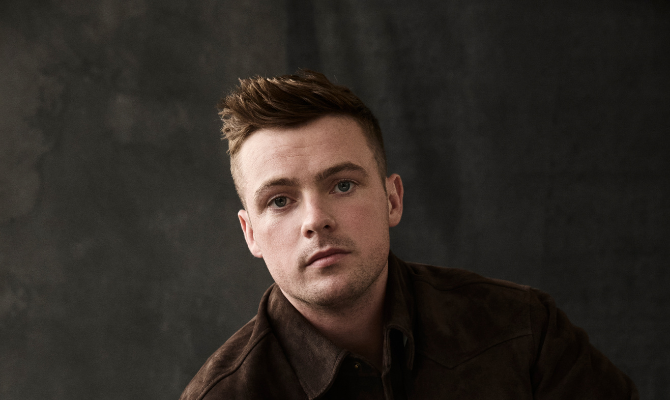In the realm of cinema, there are rare moments when a film transcends its genre, leaving an indelible mark on our hearts and minds. “All of Us Strangers,” featuring the incomparable talents of Andrew Scott and Paul Mescal, stands as one such masterpiece, captivating audiences worldwide. Inspired by Taichi Yamada’s novel “Strangers,” this haunting tale intertwines themes of grief, loneliness, and the enduring power of love, resonating deeply with viewers.
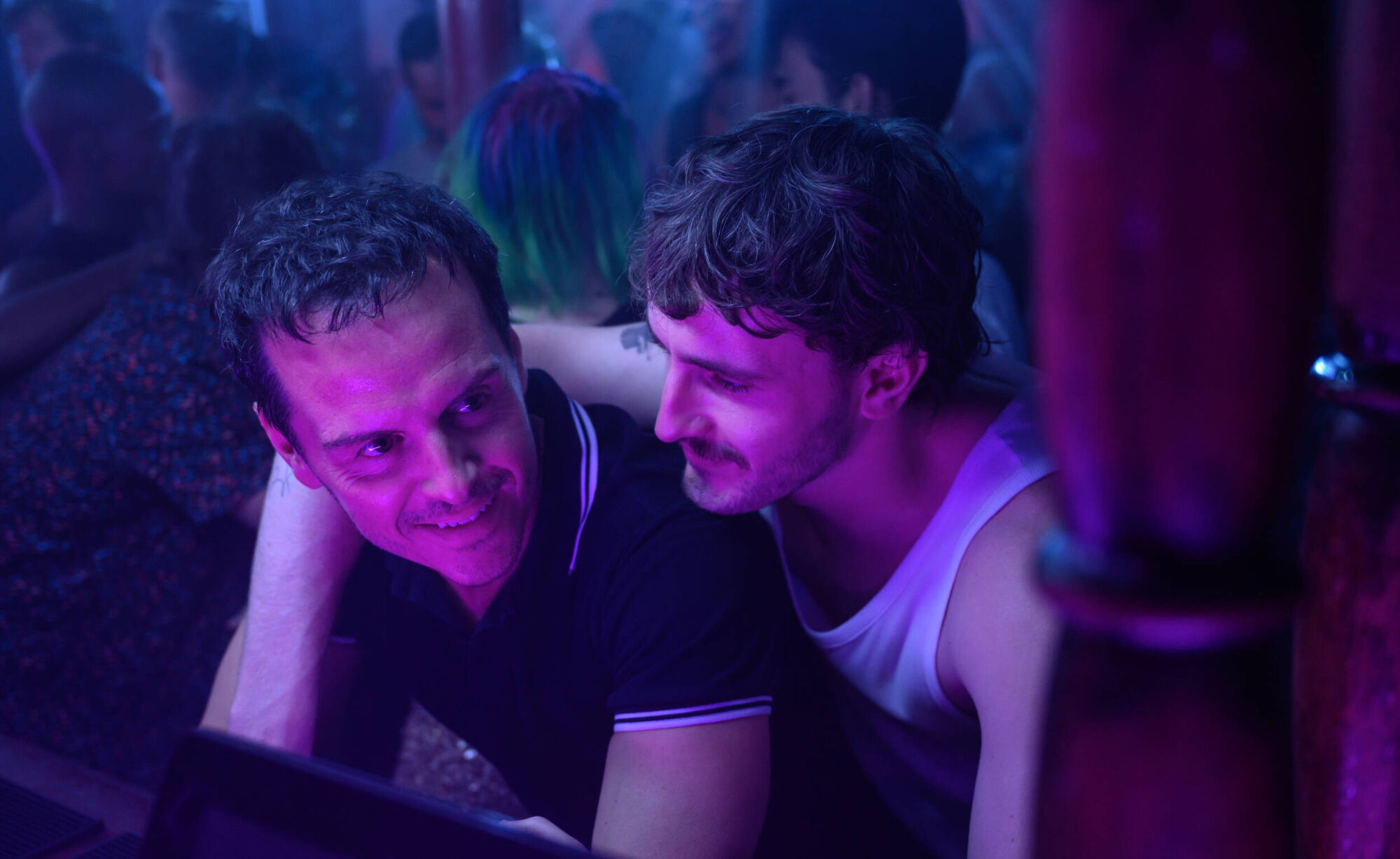
Copyright @SearchLight Pictures
One night in his near-empty tower block in contemporary London, Adam (Andrew Scott) has a chance encounter with a mysterious neighbor Harry (Paul Mescal), which punctures the rhythm of his everyday life. As a relationship develops between them, Adam is preoccupied with memories of the past and finds himself drawn back to the suburban town where he grew up, and the childhood home where his parents (Claire Foy and Jamie Bell), appear to be living, just as they were on the day they died, 30 years before. Cast: Andrew Scott, Paul Mescal, Jamie Bell, and Claire Foy and director Andrew Haigh.
From its captivating opening scene to its enigmatic conclusion, director Andrew Haigh takes viewers on a poignant journey into the depths of the human soul. At its core is Adam, portrayed with unparalleled depth by Scott, who grapples with the haunting echoes of his past while forging new connections in the present.
Throughout the film, we witness Adam’s poignant encounters with Harry, a mysterious figure whose presence seems to transcend the boundaries of reality. As their relationship evolves, Adam is compelled to confront his innermost demons, including the lingering trauma of losing his parents in a childhood car accident.
The ending of “All of Us Strangers” is both mesmerising and enigmatic, leaving audiences pondering questions of existence and perception. As Adam confronts Harry’s lifeless body in his apartment, a surreal blur unfolds, blurring the lines between the living and the departed.
Was Harry merely a figment of Adam’s imagination, a manifestation of his unspoken desires and unresolved grief? Or perhaps, akin to Adam’s deceased parents, a spectral presence haunting the corridors of Adam’s psyche? The answers remain tantalisingly elusive, inviting endless speculation and interpretation.
One prevailing theory posits Adam’s journey as a metaphorical exploration of the afterlife, each encounter serving as a stepping stone towards reconciliation and acceptance. The eerie desolation of the London block of flats serves as a haunting backdrop, mirroring the bleakness of Adam’s inner turmoil.
Yet amidst the melancholy and ambiguity, there shines a glimmer of hope. In the film’s final moments, as Adam and Harry embrace on Adam’s bed, a profound sense of catharsis washes over them. The strains of “The Power of Love” by Frankie Goes To Hollywood permeate the room, echoing the transcendent power of human connection.
In this fleeting moment of intimacy, Adam and Harry transcend the confines of mortality, merging with the universe. It serves as a poignant reminder that love, in all its forms, possesses the ability to transcend even the darkest of nights.
As we reflect on the haunting beauty of “All of Us Strangers,” we are reminded of the fragile yet resilient nature of the human spirit. In a world clouded by uncertainty, love serves as our guiding light, illuminating our path with its eternal warmth and solace.
So, did tears flow? Perhaps. But more importantly, did emotions stir? For within the achingly beautiful tapestry of “All of Us Strangers,” emotions reign supreme, weaving together a narrative that lingers in our hearts long after the credits roll. As we contemplate the haunting beauty of this cinematic marvel, we are reminded of the enduring power of love to transcend all barriers, offering solace in even the most trying of times.
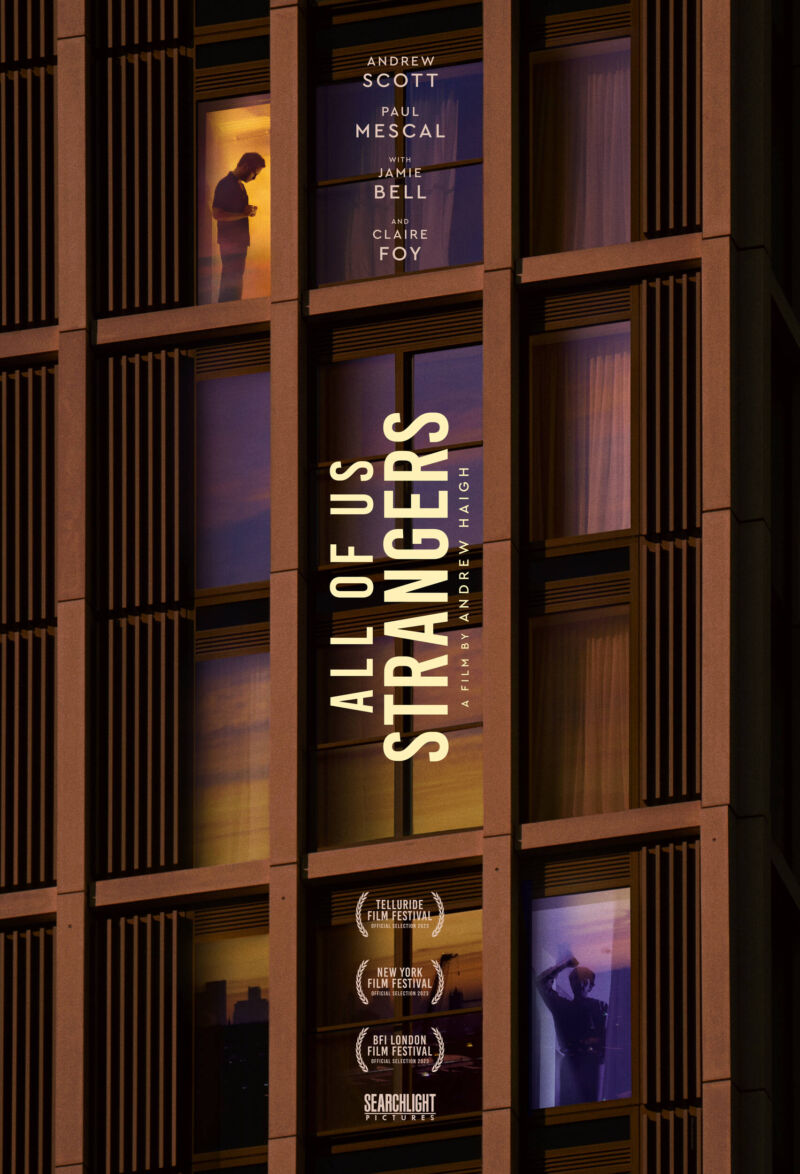
Copyright @SearchLight Pictures
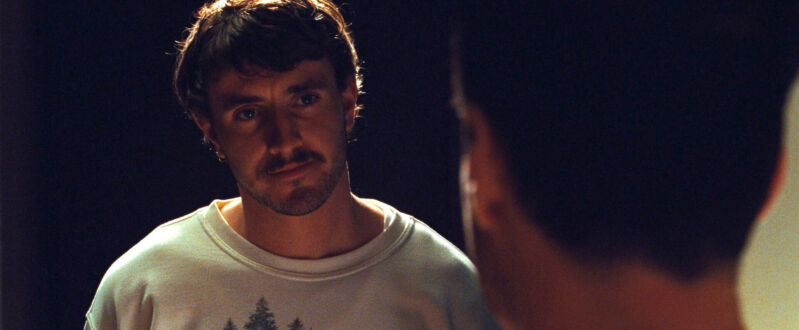
Copyright @SearchLight Pictures

Copyright @SearchLight Pictures
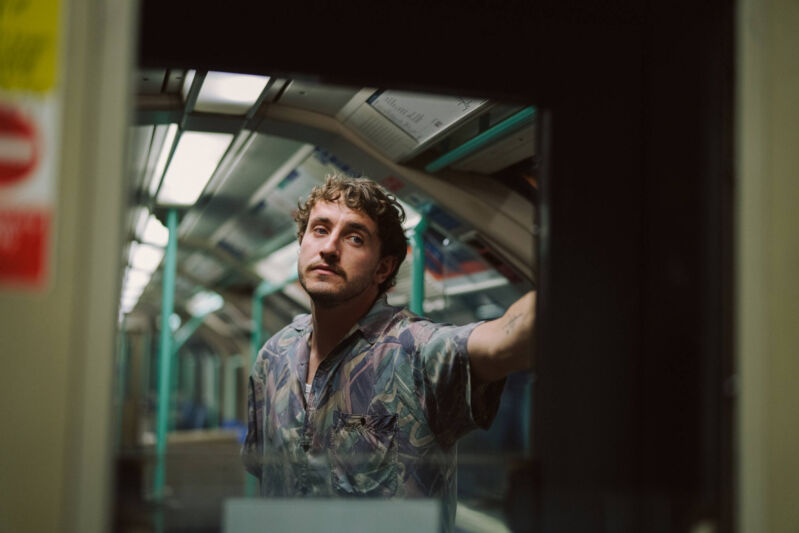
Copyright @SearchLight Pictures
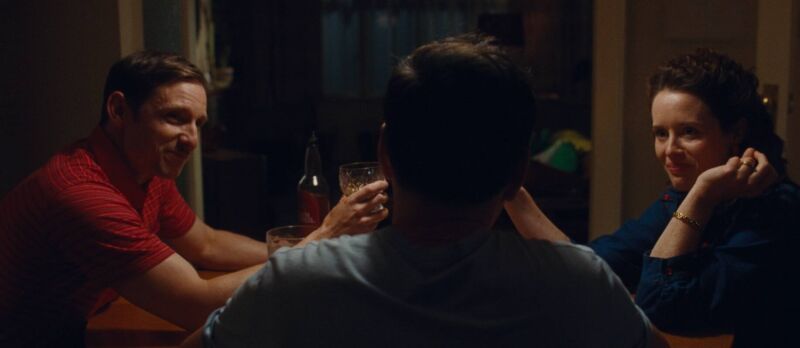
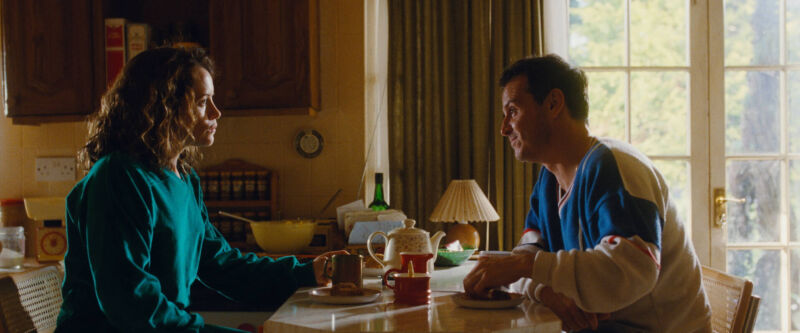
Copyright @SearchLight Pictures
Ver essa foto no Instagram







